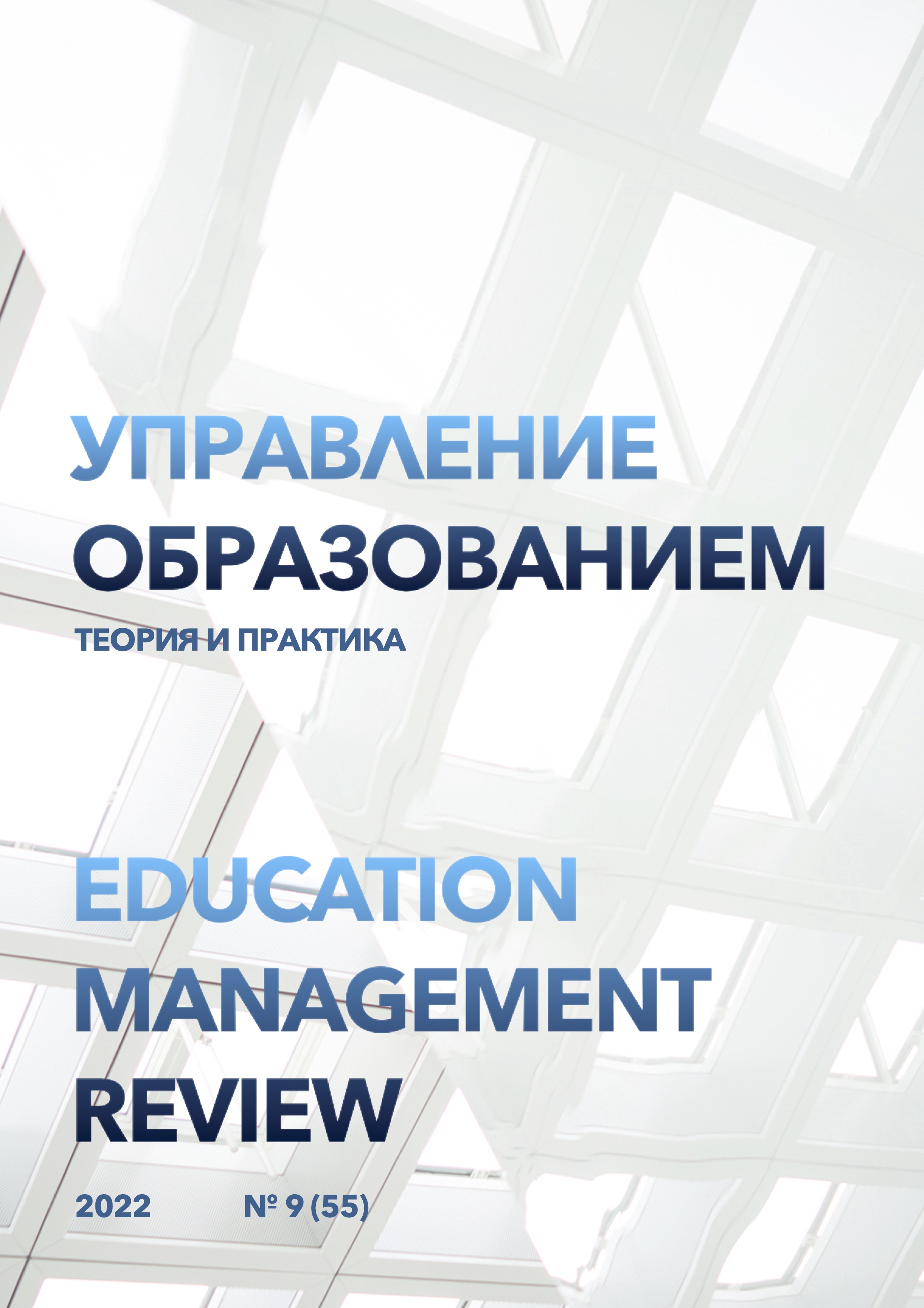Technosphere structures of pedagogical technologies in industrial training
DOI:
https://doi.org/10.25726/d8761-8428-7244-yKeywords:
technosphere safety, noosphere, education, environmental consciousnessAbstract
The century that ended is characterized by the fact that significant changes took place in the development of knowledge of human consciousness. Even at the dawn of new physics, V. Vernadsky's work appeared, in which he wrote for the first time that a person is a quantum system characterized by dualism, that is, the human body is both a physical body and a field structure (spiritual body). At the present stage, a person understands the noosphere as a sphere of various possibilities of the soul and the ability of the mind to create according to the General Laws of the Universe. The creative mind of a person generates, according to V. I. Vernadsky, a development new in quality, previously unknown to mankind. The doctrine asserts that it is the thought of man that is the geo-forming force that changes the planet Earth. The education system should become an instrument of real preparation for life and assimilation of effective technologies. The processes of education and training are related - it is together the education of thinking and consciousness. The education of thinking at the present stage has the ideal of a holistic perception of the world as nature management or biological adequacy. Unfortunately, the realities of our life today, with its critical ecological situation, with the severe experience of the consequences of the Chernobyl disaster, force us to recognize environmental knowledge as one of the most important areas of education and training of our time. Back in 1990, the UN General Assembly session developed a special program for the development of environmental education.
References
Волков С.Н. Восприятие мнимой реальности как субъективная выразительность и ее негативные черты в контексте безопасности жизнедеятельности //XXI век: итоги прошлого и проблемы настоящего плюс. 2016. № 2 (30). С. 222-227.
Долинина И.Г. Профессиональная педагогика и образование общества устойчивого развития: методологические основы и программа исследования // Вестник Пермского государственного гуманитарно-педагогического университета. Сер. № 1. Психологические и педагогические науки. 2020. №2. С. 5-16.
Жернаков Д.В., Уколов А.В. Формирование профессионально-важных качеств у курсантов пожарно-спасательной академии как будущих высококвалифицированных специалистов системы ГПС МЧС России // Теория и практика образования в современном мире. СПб.: Реноме, 2014. С. 159-161.
Карпов В.В. Цифровая составляющая в структуре профессиональной компетентности будущих бакалавров техносферной безопасности // Известия Волгоградского Государственного Педагогического Университета. 2020. № 10(153). С. 60-64.
Метелева А.И., Метелева Т.Ю. Метапредметная проектная деятельность как эффективный способ мотивации познавательного интереса // На путях к новой школе. 2016. № 1. С. 61-62.
Нордман И.Б. Становление и развитие гуманистической парадигмы в российском образовании // Теория и практика общественного развития. 2015. № 11. С. 278-280.
Омаров Н.К., Адильбекова Ж.К., Тасполатов Б.Т., Алимбаев М.Е., Алимкулов А.У., Бескемпирова Г.К. Особенности компетентностного подхода в образовании // Вестник науки и образования. 2021. № 7(110). Часть 2. С. 15-17.
Роман С.В. Комплексная безопасность как актуальная методологическая проблема современного образования //Искусствоведение и художественное образование: проблемы, поиски, решения : материалы Междунар. науч.-практ. конф. Луганск: Книта, 2020. С. 174-180.
Федоров В.А., Васильев C.B. Исходные принципы построения модели подготовки конкурентоспособных рабочих в условиях промышленных предприятий // Образование и наука. 2014. №6. С. 56-76.
Хуторской A.B. Методологические основания применения компетентностного подхода к проектированию образования //Высшее образование в России. 2017. № 12. С. 85-91.
Цветкова И.В. Подходы к обучению школьников и студентов безопасности жизнедеятельности // Карельский научный журнал. 2018. Т. 7. № 2 (23). С. 48-52.




